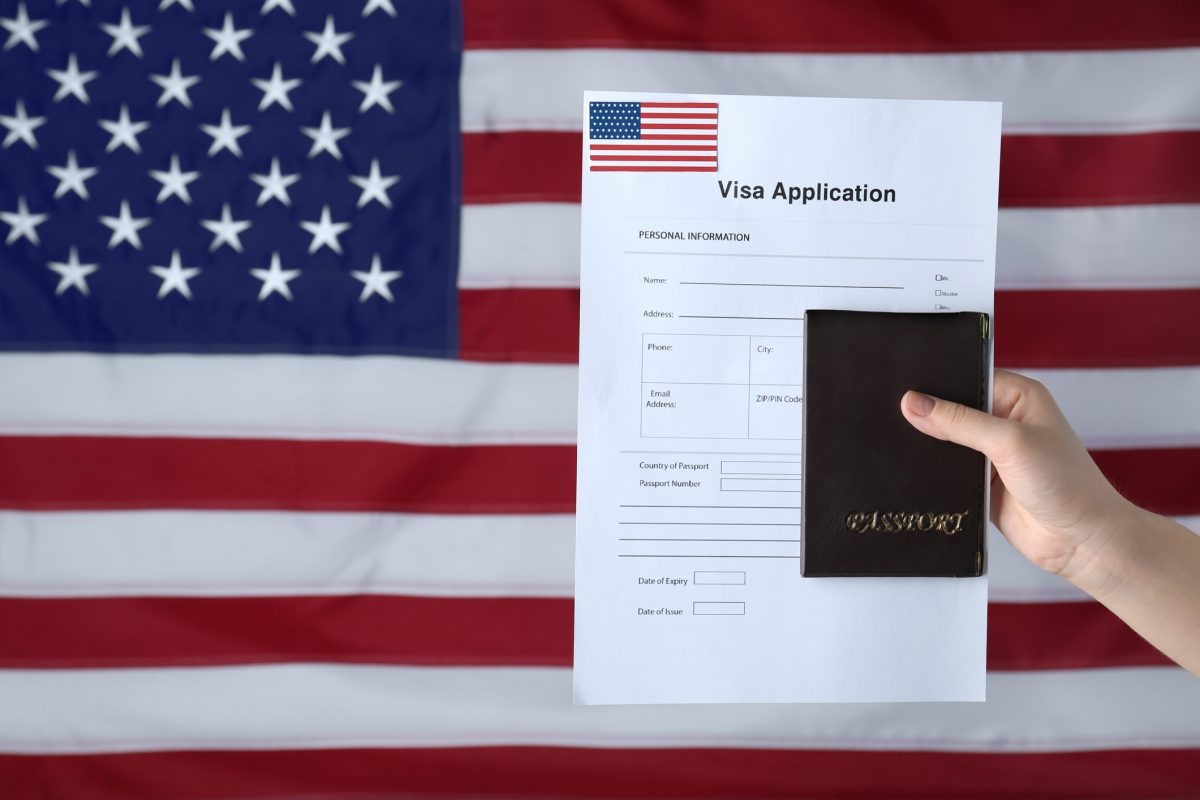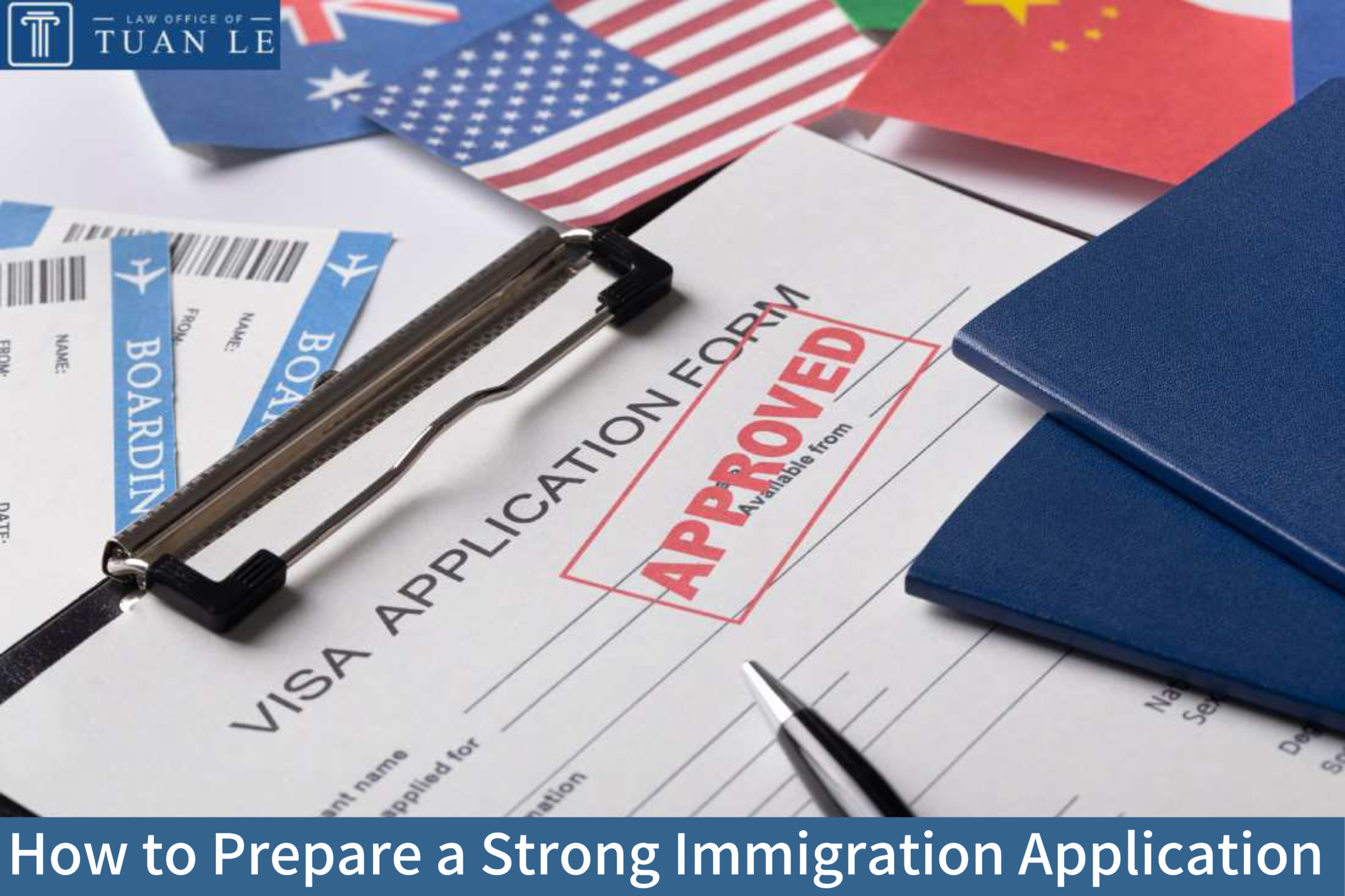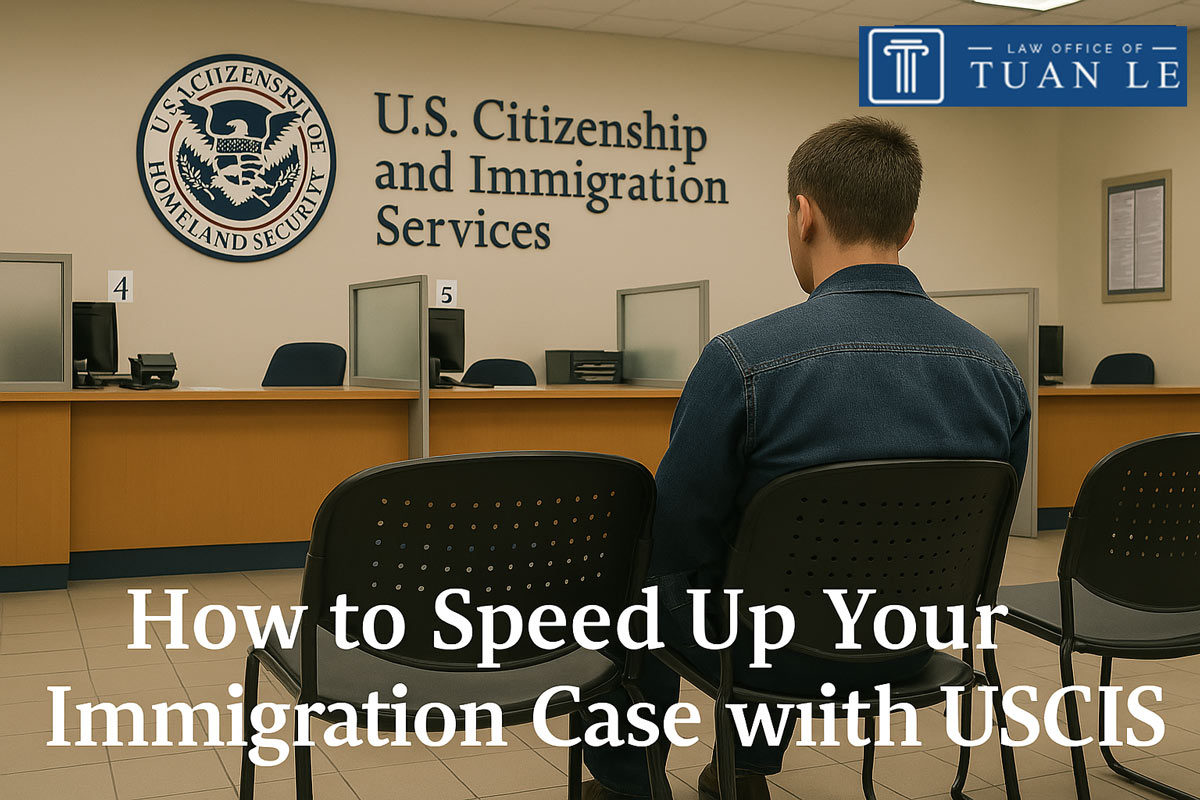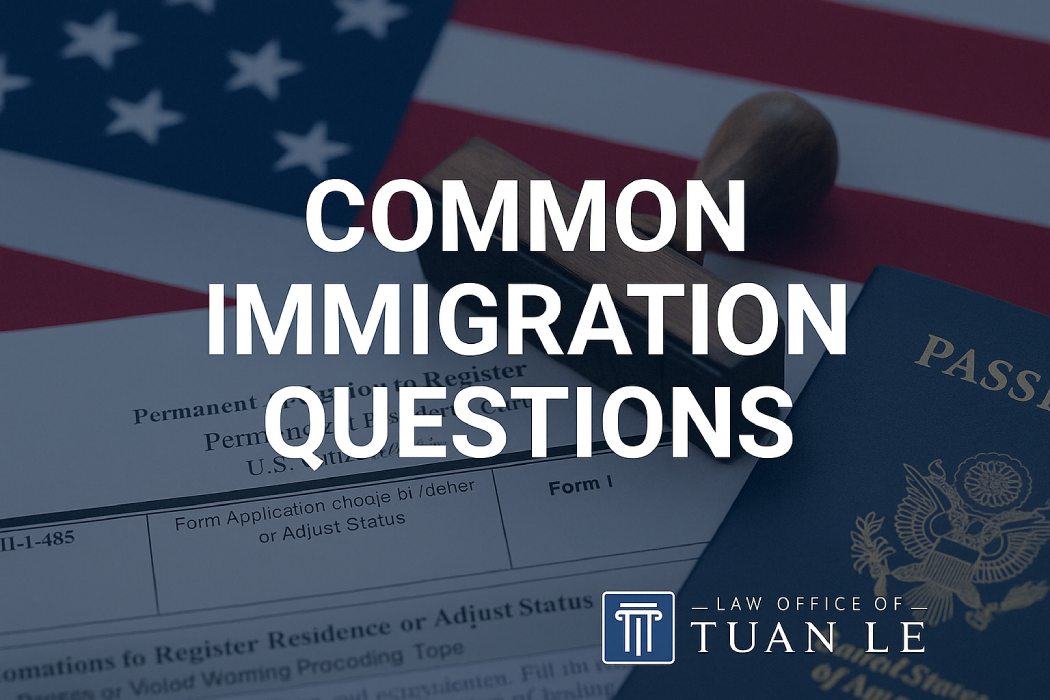Immigration Court Defense Strategies by an Immigration Lawyer
Immigration Court Defense Strategies Immigration Lawyer

If a foreigner, who is residing in the U.S., violates any immigration law, he or she will receive a notice to attend an immigration court hearing. The Department of Homeland Security (DHS) can charge foreign-born individuals with this kind of accusation. To prepare for your hearing, you are strongly recommended to ask an immigration lawyer to represent you. Otherwise, you will have a difficult time understanding the procedure, the steps that should be taken, immigration court defense strategies, and even what the immigration judge (IJ) says.
Even if the accusations are false, if you do not prepare for your hearing in advance and do not have a good defense strategy, you will probably lose the case. That is why getting help from an immigration law firm or an independent immigration attorney is necessary to save the day.
To make you more familiar with defense strategies in immigration court and help you understand what is required of you in a court session, we are reviewing the most practical immigration court defense strategies that can help you win in simple words.
Are you trying to prepare for your upcoming immigration court hearing? Get free advice from an experienced immigration lawyer with a phone call.
Immigration Court System in the United States
Simply put, the U.S. immigration court system works under the Executive Office for Immigration Review, also called the EOIR. It interprets and administers the immigration laws. When DHS charges you (as a foreign-born individual) with a violation of law and makes a legal case against you, you have to appear before the court to fight it by putting forward a good defense.
In this case, you will receive a notice that gives the details of the hearing, like the date and time, also called the Return Date. If you receive the notice and do not appear in court, the judge might order your removal. So, even if you still do not have an attorney to represent you, you must attend the first hearing, also referred to as the Master Hearing.
In such courts, you are actually fighting with the government that is represented by the opposing attorneys. Also, there is no jury, and an immigration judge decides and issues a judgment at the end. The decision is usually about if you can stay in the U.S. or must be deported (removed). (Learn more about the deportation process here.)
Now that you know about the system and what it means to be in an immigration court, let’s go over the immigration court defense strategies and tactics.
A Simple Guide to Immigration Court Defense Strategies
A defense strategy at court means that you (as the defendant) and your lawyer (as the defense attorney) try to present the truth in a way that can win you the case, or you can get a better verdict with a lesser charge, or a good plea bargain.
Some practical immigration court tactics you can use are discussed below.
Challenging Government Evidence in Immigration Court
During removal proceedings in immigration court, the DHS must present some evidence that establishes deportability. That is, they must prove that the respondent (the foreign-born individual who has been charged with violating the law; the defendant) has done something against the law and should be deported. The evidence must be clear, convincing, and unambiguous.
The DHS usually tries to prove deportability and the charges by using the sources below as evidence.
- Form I-213, Record of Deportable/Inadmissible Alien,
- Criminal dispositions,
- Extrinsic evidence, such as reports and documents.
Some Tactics to Challenge the Government’s Evidence
Some practical tactics to use when challenging government evidence in immigration court are:
- Attack the credibility of witnesses: This is also called ‘impeachment’. It means you try to convince the immigration judge that the witness’s testimony is false, partially or completely.
- Challenge the authenticity of the evidence: This means that you try to convince the judge that the documents presented as evidence by the government are not what they claim to be.
- Obtain a favorable expert testimony: If applicable, you can ask an expert to testify in your favor in court.
When considering the government’s evidence, you can consider the questions below to find the best way to challenge it.
- Have you seen the evidence?
- Is the evidence relevant?
- How was the evidence obtained?
- Is the evidence/information reliable?
- Is the evidence admissible in immigration court?
- Does the evidence prove what has been claimed by the DHS?
There are also some common objections to question the evidence, including
- Hearsay,
- Lack of foundation,
- Lack of authentication.
In all, try to focus your attention on the evidence the DHS presents to prove deportability. If there is anything wrong with it, you need to move for it and bring it to the judge’s notice. An accomplished private attorney knows these tactics well and can use them appropriately.
Establishing Eligibility for Relief in Immigration Court
A relief in removal proceedings means that your deportation will be canceled. This can be achieved by filing a motion with the immigration judge or the Board of Immigration Appeals (BIA). If you are qualified for a type of relief, you can stay in the country.
Different Types of Relief of Removal
There are various types of relief from removal. You have to consult with your immigration attorney to figure out which one you are qualified for. Some of the most common ones include
- Eligibility for asylum: Those who have fled their home country due to some sort of hostility because of their political beliefs, religion, ethnicity, etc. can request a grant of asylum. This means they can stay in the US legally and will be allowed to work.
- Eligibility for cancellation of removal: If you have been in the US for more than 10 years and prove that your absence will cause your spouse or child (who is a permanent resident of the US) hardship, you will be able to get your green card.
- Eligibility for protection under the Convention Against Torture: If you can prove you will be tortured by your home country’s government.
- Eligibility for adjustment of status: You might be able to change your status if you have a close family member who is a US citizen, such as your spouse.
You should make sure you are qualified and you can prove your eligibility for any type of relief.
If you cannot establish eligibility for any form of relief, you can opt for voluntary departure. This means you agree to leave the United States without a removal order in your record. Such a record can cause future trouble for legal immigration to the U.S. So, voluntary departure can be beneficial in some cases. However, this is something you must consult with your immigration attorney.
Understanding the law and its terminology is not easy. For an honest opinion about your case, get in touch with our deportation attorney.
Procedural and Technical Defenses in Immigration Court
Another strategy for your removal defense is by trying to convince the immigration judge that the legal proceeding is illegitimate. This means you try to prove that you are not liable for the claims against you because such a legal process is actually unlawful.
Some examples of challenging the procedure are:
- Lack of jurisdiction: Jurisdiction refers to the fact that the court has the authority to enforce a judgment on your case. So, asserting a lack of jurisdiction means you believe this court cannot help your case because it does not have the power over this lawsuit, its subject matter, or even a person.
- Statute of limitations defense: Statute of limitations means the maximum time (according to law) that a party has to file charges against the other. By raising a statute of limitations defense, you actually try to convince the court that the charges against you were filed too late.
- Judicial authority: You might even be able to challenge the authority of the immigration judge over the case. For instance, if a judge is not accountable to legal standards, you can contest their authority.
So, by focusing on technicalities you might be able to put forward an undisputable defense. An experienced deportation lawyer knows how to handle these challenges and attacks carefully so that they will not backfire.
Constitutional and Human Rights Defenses in Immigration Court
Another one of immigration court defense strategies is by stating that the defendant was not aware of their rights while incriminating themselves before questioning. According to the law, the defendant (or the suspect) must be informed about their rights. Otherwise, none of their statements or confessions can be used against them.
In the United States, even undocumented immigrants have the same rights as US citizens in a legal proceeding. Ask your lawyer to explain your rights to you if you are not familiar with them.
Requesting Immigration Appeals
When the trial is over and you are not satisfied with the immigration judge’s decision, you can request an immigration appeal. That is, you ask the Board of Immigration Appeals (BIA) to review your case and see if the judge’s decision was fair and if there was no mistake.
You can send the Notice of Appeal (Form EOIR-26) only within 30 days after the judgment is announced. After the judge issues the judgment, you should inform him/her about your decision regarding reserving your right to appeal (you want to appeal) or waiving it (you do not want to appeal).
You should pay 110$ for an immigration appeal to the BIA and the process can take up to six months.
If you decide to waive your right to appeal, you must leave the US immediately. So, consult with your immigration lawyer about your options before the judgment is issued.
Are you looking for a highly-skilled lawyer in immigration court proceedings? Mr. Tuan Le is our accomplished immigration attorney in Orange County, CA. Call to schedule an appointment.
Get Help with Your Immigration Court Hearings
In this blog, we tried to depict a simple picture of removal proceedings in immigration court and how to defend yourself against the charges. The above-mentioned immigration court defense strategies and tactics are useful and practical ways to help you fight deportation and win. Of course, one cannot do this without the help of an immigration lawyer.
If you are an undocumented immigrant dealing with deportation in Orange County, CA, our Law Office can defend you in immigration court hearings and assist you in understanding the procedure, the options you have, the documents you need, and planning a strong defense strategy.
You may also need advice about the naturalization process, family-based immigration, employment-based immigration, and other types of immigration and visas. Whatever you need, our professional team is here for you.
Call us at (714) 877-5840 to schedule an appointment. You can also fill out the form below, we will contact you.
The information provided on this page or article does not, and is not intended to, constitute legal advice; instead, all information, content, and materials available on this this page or article are for general informational purposes only. Information on this this page or article may not constitute the most up-to-date legal or other information.
Readers of this this page or article should contact their attorney to obtain advice with respect to any particular legal matter. No reader, user, or browser of this this page or article should act or refrain from acting on the basis of information on this site without first seeking legal advice from counsel in the relevant jurisdiction.
By Tuan Le|July 1st, 2023|Uncategorized , Immigration , citizenship|Comments Off
About the Author: Tuan Le
Are you dealing with an immigration issue or planning to file for bankruptcy? Mr. Tuan Le is an expert attorney who offers representation in all these areas.
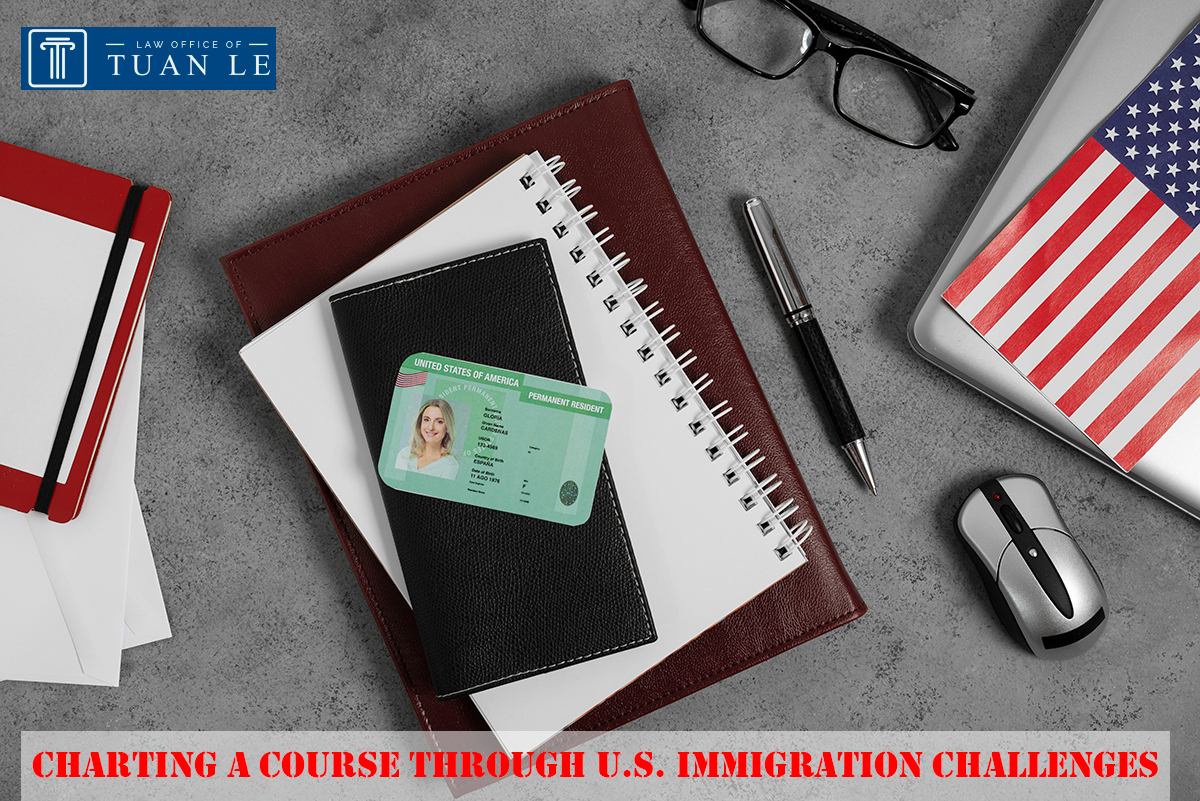



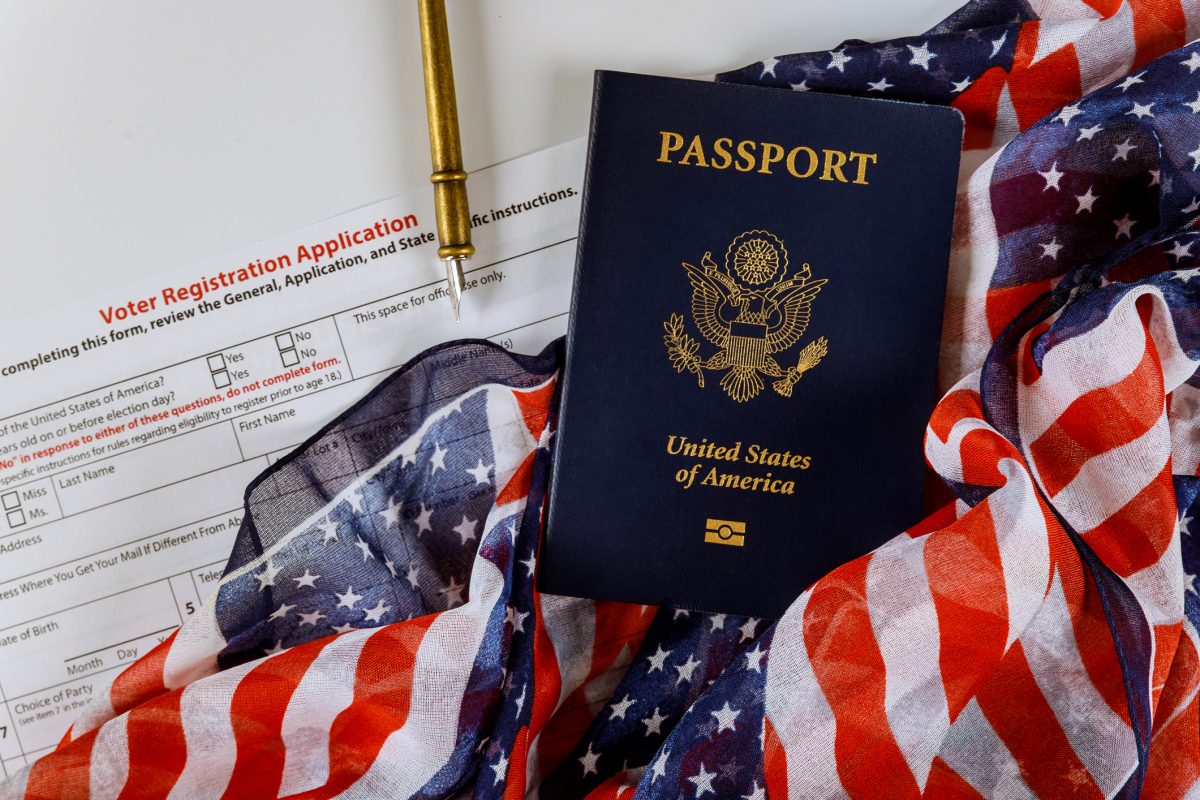




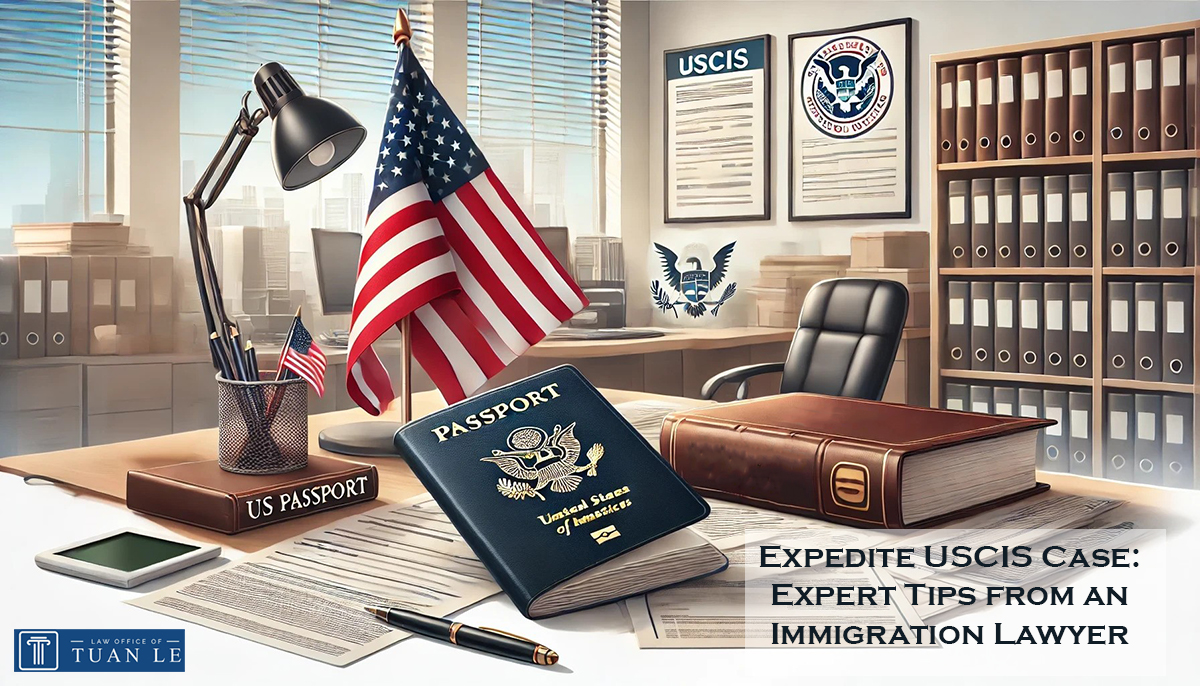
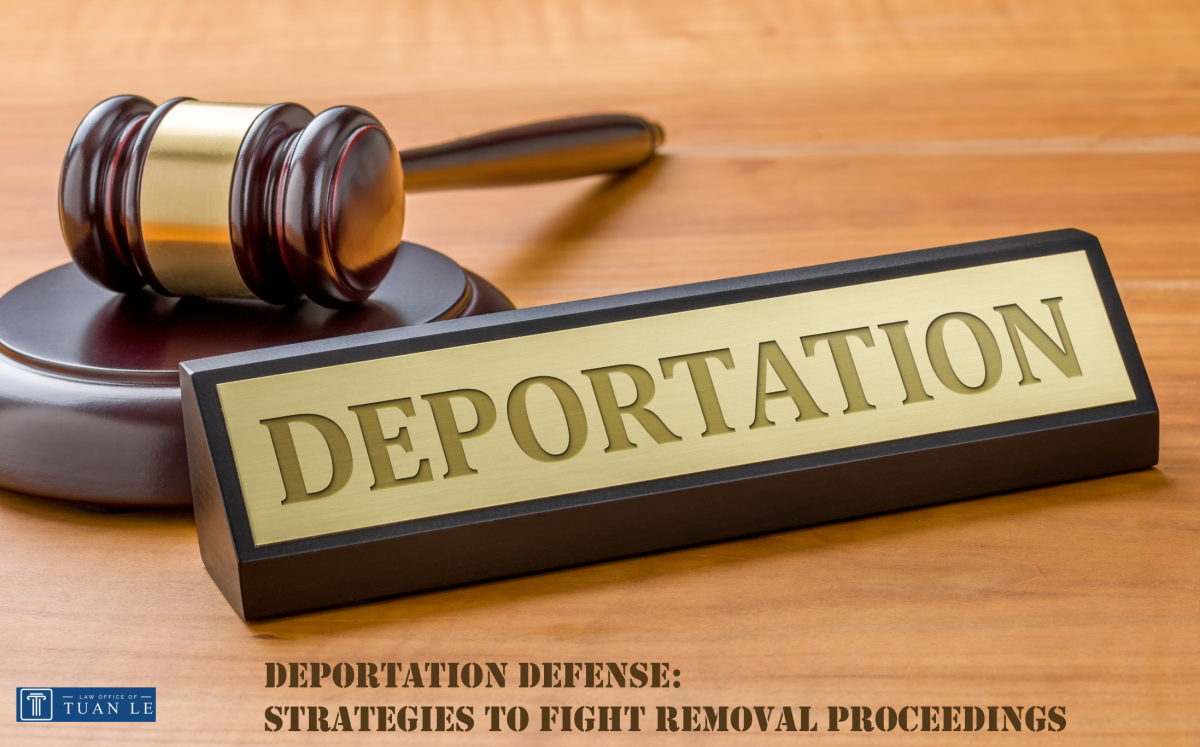
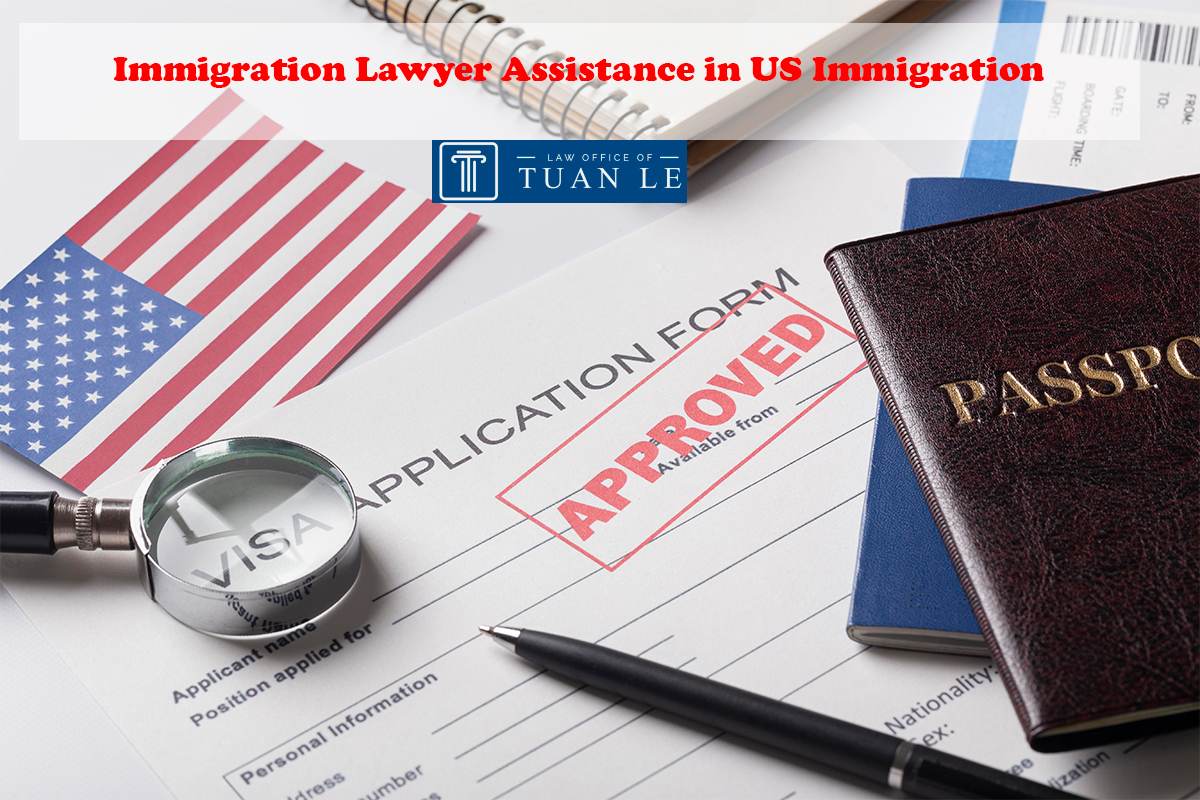
.jpg)
.jpg)
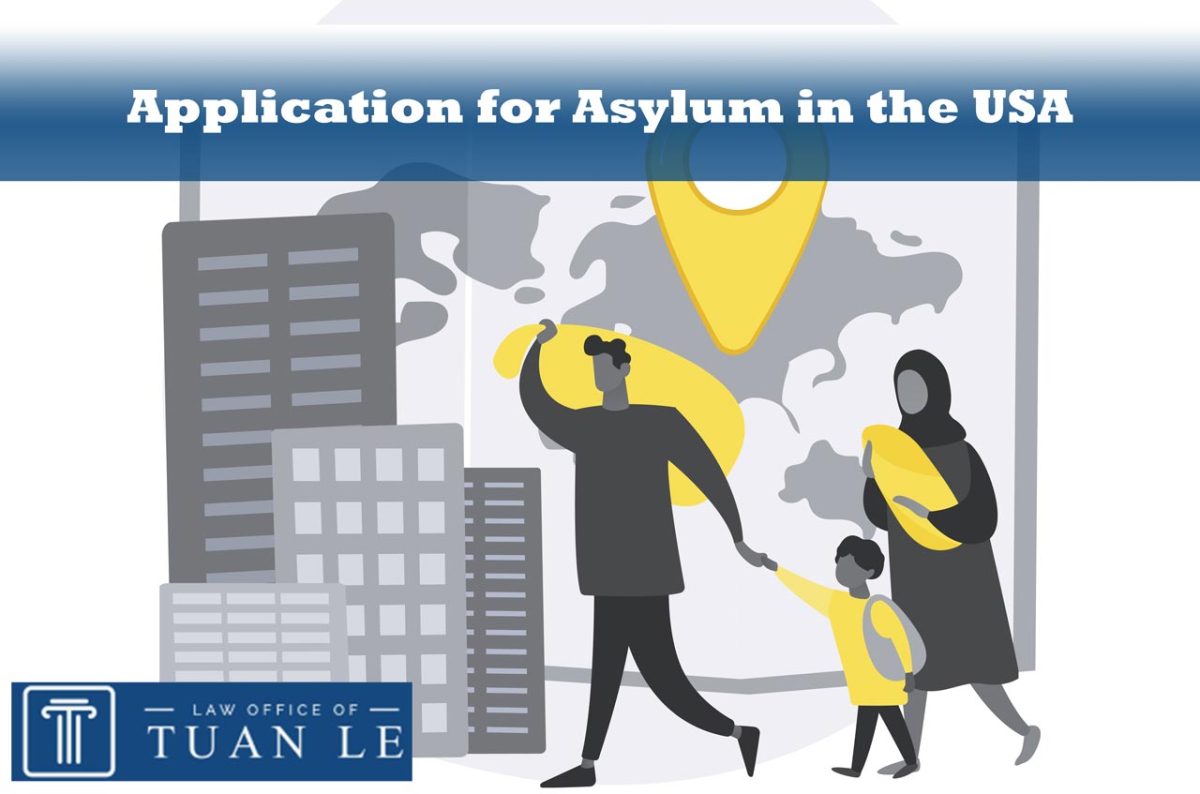
.jpg)
